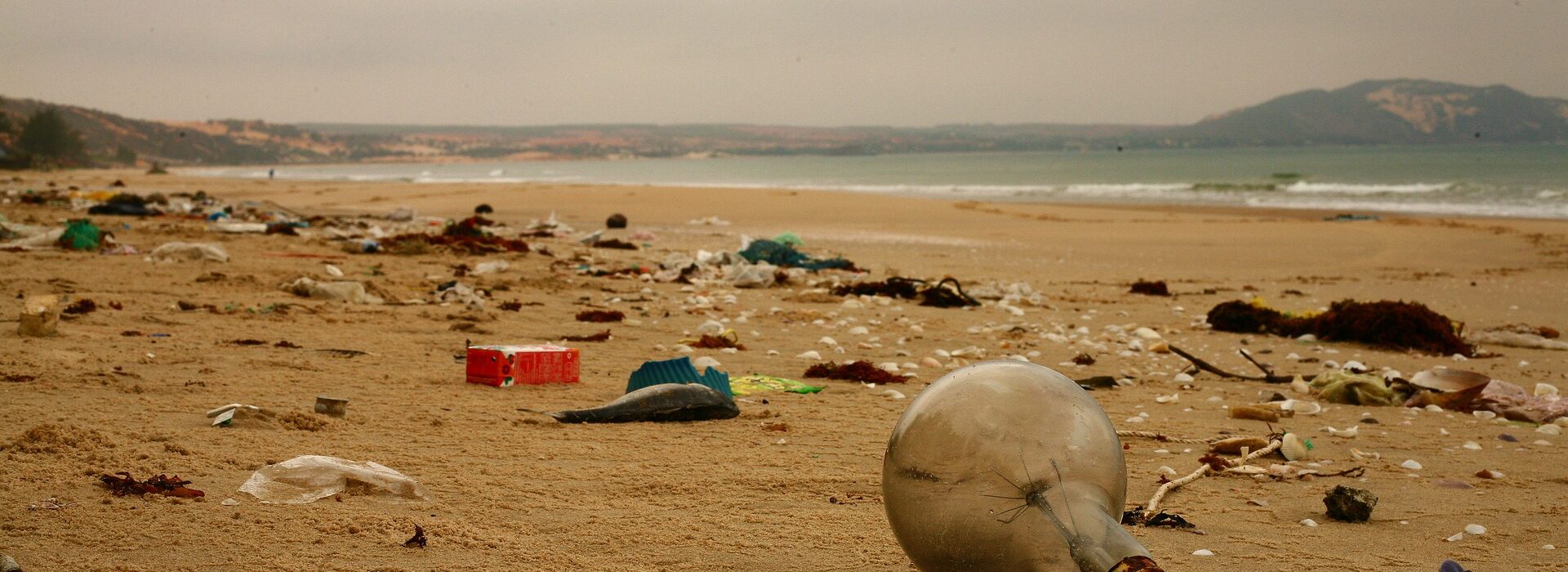Nairobi – The second United Nations Environment Assembly (UNEA-2) met this week to discuss the need to strengthen the environmental dimension of the implementation of the Sustainable Development Goals (SDGs).
In this framework, an interesting report, entitled “Marine Plastic debris and Microplastics – Global lessons and research to inspire action and guide policy change” was presented. The report aims to summarise our knowledge of the sources, fate and effects of marine plastics and microplastics, and to illuminate approaches and potential solutions to address plastic litter in the ocean.
Some of the key findings in the report focused in particular on plastic drinks containers: “empty drinks bottles made with the plastic PET are very common litter items on shorelines, but their ultimate fate is often [to rest on] the ocean sea floor.” The report went on to endorse some specific solutions:
- Market based instruments – “Treating waste as a resource can be encouraged by the use of Market Based Instruments (MBIs). Some of these can be very simple, such as introducing a bottle deposit scheme for PET bottles and lids.” (p. 107)
- Deposit return schemes – “Among all the different incentives, one of the most effective is the deposit-refund scheme: at the purchase the consumers have to pay a small deposit for the objects bought (usually plastic or glass bottles). This sum is given back to the person that returns them, and can occur at a national, sub-national or local scale. From an economic perspective deposit-refund schemes are considered to be efficient. In addition, this tool has a potentially wide application – it could be used not just for bottles and plastic bags, but also for food containers, for batteries, electronic equipment, white goods and automobiles. The cost of implementation of such schemes depends on the quantity of materials returned. Furthermore, if the recovery system is managed as a monopoly the costs of the system may rise, reducing its efficiency further. However, many European countries have well-established schemes, including the use of automatic ‘return- deposit’ machines in Germany and Finland, and returns of up to 90% for PET are common.” (pp. 135, 136)
- Economic incentives – “Economic incentives are implemented to stimulate a specific behaviour that can help reduce marine litter. There are a number of incentives which can be used to address marine litter, involving a number of stakeholders at different levels – including deposit refund schemes as well as payments, subsidies or awards for certain actions.” (p. 159)
Seas At Risk Spanish member organisation Retorna has been working on the issue of deposit return schemes as a way of tackling the huge problem of plastic drink container litter on Spanish beaches. You can see an update on their work at their website.
Posted on: 30 May 2016


